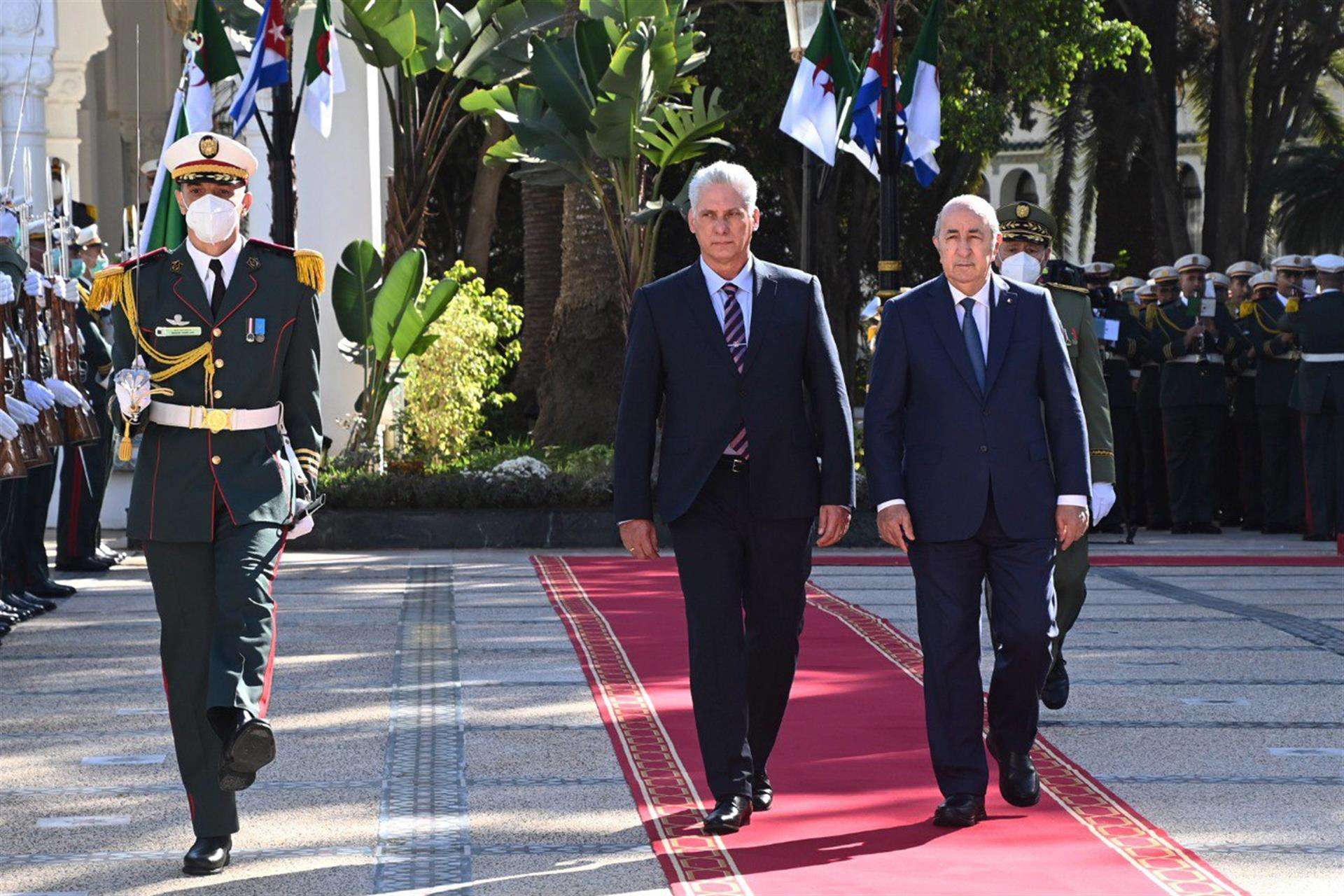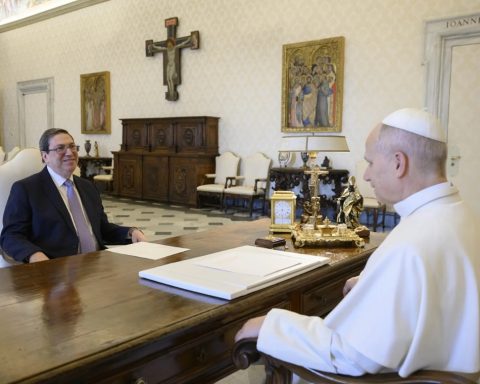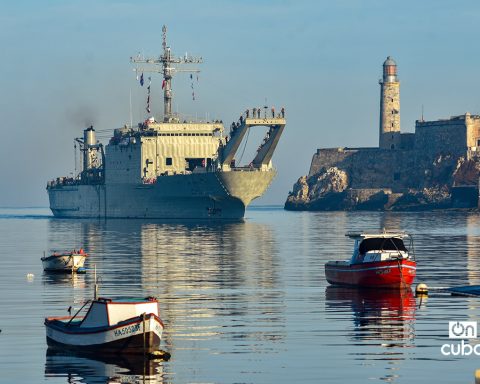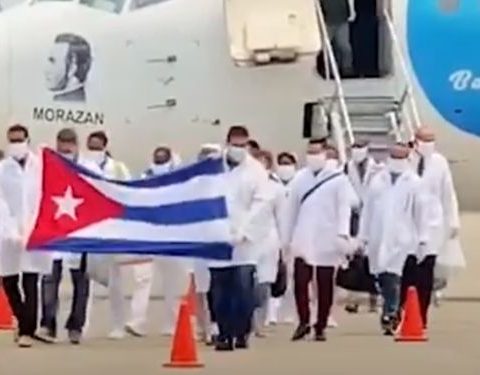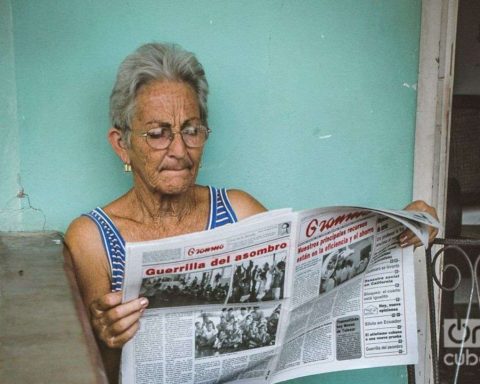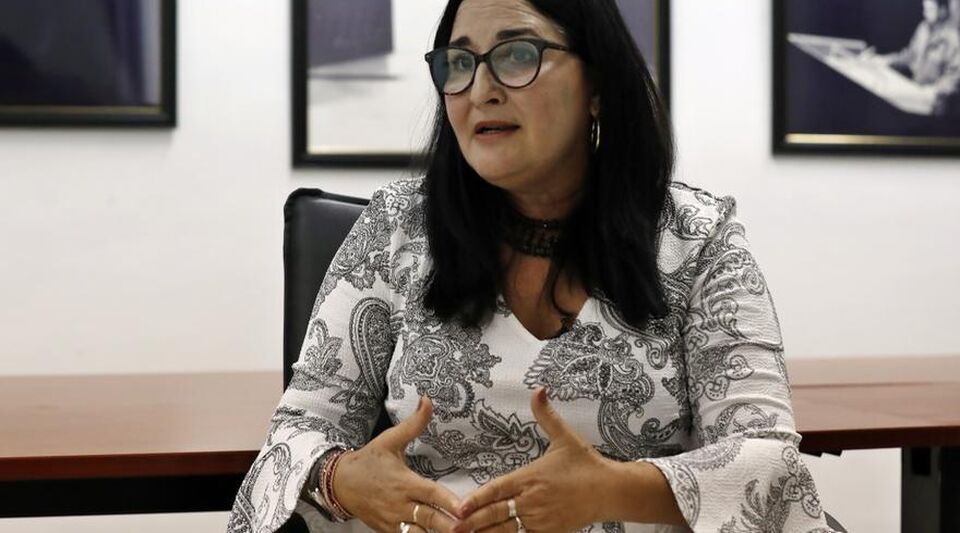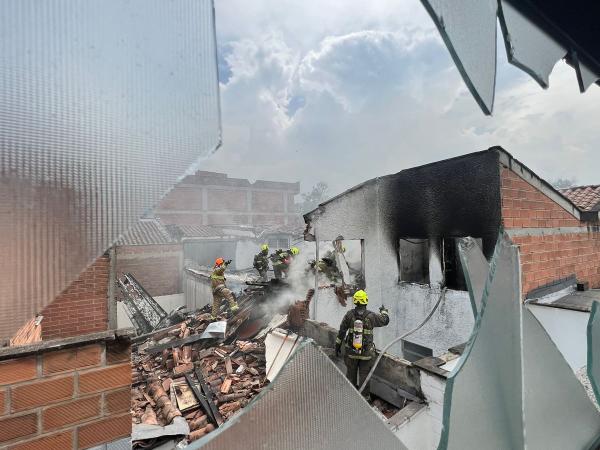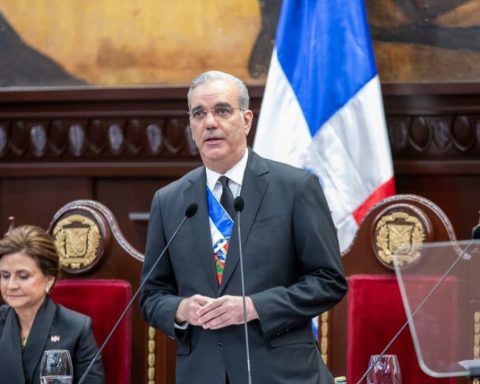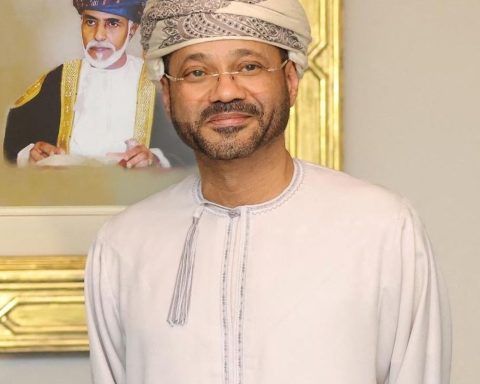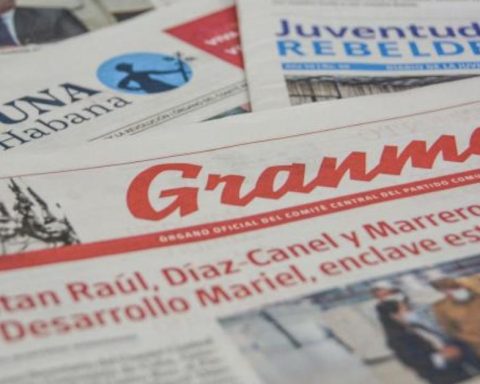The foreign debt is a national security problem for Cuba. so the Catalogue José Luis Rodríguez, former Minister of Economy and Planning, who included it among the four most urgent horizons that the country must face, together with the need for a global anti-inflation plan, food production and energy generation. They are closely related horizons, since the others also depend to a great extent on the payment of the debt.
For example, the start-up of a Program An anti-inflationary policy that makes it possible to face price controls and contributes to macroeconomic stabilization in the medium term requires restoring external financial flows, which we cannot count on today due to the level of external debt.
Cuba ratifies to the Paris Club its intention to comply with its financial obligations
On the other hand, the increase in the country’s financial credibility —which can only be achieved through debt negotiation and payment— depends on access to new credits, which are the main source to guarantee the importation of resources and raw materials, both for the food production and energy generation.
Cuba has no alternative but to deal with its debt, understanding it for what it is: an undesirable but essential burden.
Debt ages, but does not die
At the end of 2020, the country’s external debt was estimated at around 28,671 million dollars (USD), made up of a passive or long-term debt and an active or current one.
Cuba’s long-term debt began to default in 1986, with the interruption of payments and negotiations of the so-called “official or bilateral debt with other countries” (our majority creditors) gathered in the so-called Group of Creditors of Cuba within the Club of Paris.
The payment of the commercial debt with banking entities and private creditors united in the London Club was also stopped. The interruption materialized in accordance with the position of the Cuban government, which recognized them as unpayable.
However, the position was moderated in the 1990s by the need to access credit under better conditions, as a matter of the first order for the revival of external financing, so necessary for the domestic economy.
Throughout the decade efforts were made to re-establish dialogue with the members of both Clubs. But they did not bear fruit.
It was not until 2015 that a multilateral agreement was reached between Havana and its Paris Club creditors. The understanding was described as “historical.” Justly. The agreement covered the old unpaid official debt since 1986, after almost thirty years since the last repayment and more than ten of negotiations.
11.1 billion USD renegotiated. Of the total debit, 100% of the amounts for interest on late payment were forgiven to the island; that is, 8,500 million. The final decision was for Havana to honor the figure of 2.6 billion USD.
Active or current debt was excluded from the arrangement. This reflects financial and commercial transactions, and its balance is calculated based on the new financing received by the country.
At the end of 2018, according to data Officials of the National Office of Statistics and Information (ONEI) this debt amounted to 18,441 million pesos, and it was made up of more than 50% bilateral debts with Venezuela and China.
An understanding has not yet been reached on the overdue debt with the London Club. This comes mainly from loans disbursed before the declaration of the moratorium by the Cuban government in 1986. It is estimated to amount to 6.4 billion dollars.
The lack of an agreement with bank and private creditors has led the country to face two demands before the High Court of the United Kingdom: one for 100 million dollars, imposed by CRF I Limited —the largest holder of Cuban debt that is part of this Club— and another from the British subsidiary of the Industrial and Commercial Bank of China.
A face-to-face trial has been scheduled to solve the case and its start is scheduled for January 2023. In words of John S. Kavulich, president of the Cuba-US Economic and Trade Council, if the verdict does not favor the Cuban government and it refuses to pay, it could face an international embargo.
When the future depends on the past
In order to comply with what was agreed in 2015, the island is repaying its passive external debt to its Group of Creditors of the Paris Club.
However, since the second half of 2019 the country has a default of debt, that is, he has not been able to pay.
The first causes of this breach were the worsening of the economic and political crisis in Venezuela —Havana’s main economic partner; and the application of United States sanctions by the government of Donald Trump —still in force— that intensified the economic blockade and limited the commercial and financial ties of the Island with other countries.
Since 2020, these adverse conditions in the international environment have been added to the additional costs to the Cuban economy and the delay in its recovery due to the effects of the pandemic —that are not yet overcome; and the increase in the prices of raw materials and fuel after the start of the Russian-Ukrainian conflict.
As an added aggravating factor within the context of the pandemic, Cuba was not included in the G-20 agreement to extend a moratorium on debt payments to the 74 poorest nations in support of the fight against COVID-19.
The sum of factors forced the island to request a new renegotiation of payments to its Paris Club creditors.
An agreement was reached that established an additional term for the payment of the debt, although the details are unknown. Additionally, it was learned that the postponement of debt service payments with Russia and China until 2027 was accepted, although default interest will be applied.
Despite this, our financial credibility ended up seriously affected. In November 2021, the agency Moody’s Investors Service (“Moody’s”) bass Cuba’s risk rating to Ca which, in essence, reflects the financial confidence in the country.
And things are not looking for the better. Both the US blockade and the presence of high levels of indebtedness influence negatively in the parameter, and receiving an unfavorable rating translates into difficulties in accessing external credit and in attracting higher amounts of foreign direct investment.
The issue of foreign debt transcends the financial sphere and affects the integral development of the economy. In the same way, the normalization of the credit flow from abroad depends to a great extent on its adequate confrontation, to the degree and conditions that the country needs, such as has emphasized Mercedes García, researcher at the International Economics Research Center.
In short: the renegotiation of the unpaid debt is essential. Without foreign credits, the ability to import is compromised and, in order to achieve a 1% growth in Gross Domestic Product (GDP) under Cuba’s conditions, requires an increase in imports of between 2% and 3%.
But, reversing the critical situation of the external indebtedness has another worrying edge for the integral development of the economy: the current financial resources that are required to honor the debt service.
Between 2008 and 2014, an estimated 19,554 million dollars in debt service were paid. At that stage, this indicator rose from 2.9% to 3.8% of GDP, and its highest point was reached in 2013 with 5.4%, according to figures provided by former Minister Rodríguez.
At the end of 2020, the amount of the Cuban debt reached “around 27% of the 106,343 million USD in which the GDP is calculated, according to estimates by the magazine Economist Intelligence Unit”, referrals by Cuban economist Omar Everleny. Fulfilling our payment commitments, in the midst of what Everleny has classified as “the worst moment” of the Cuban economy, would imply the sacrifice of various essential consumption and investment needs that cannot be met with our own resources.
In a macroeconomic scenario of GDP contraction, Cuba presents serious limitations to meet its payment commitments. It is what could be defined as a “matter of priorities”.
Good news related to the subject of yore has been the forgiveness by Algeria of the outstanding interest on the Cuban debt and the postponement of its repayment “until further notice”. What is owed to Algeria, the main fuel supplier to Cuba on the African continent, is part of Havana’s active debt, in particular, the debt with suppliers, which in 2018 amounted to 7,919 million, according to ONEI figures.
Despite this, former Minister Rodríguez insists that “external financing must be reactivated in some way, managing to pay something or some agreement with the creditors that is not just postponing the payment, because that does not give us fresh financing.”
The alternatives that proposes the expert are “new forms of payment —with a minimum of liquidity— such as swap (exchange) of debt for investments, payments in national currency with preferential exchange rates, issuance of public debt bonds, repurchase of debts at discounts, cancellation of debts under the principle of mutual obligations and payment of debts with income streams of certain exports of goods or services.
In the midst of such a complex panorama, in which multiple internal and external problems accumulate, the use of these variants could mean an escape valve, a way to restore external financial flows on which the development of Cuba inevitably depends.
